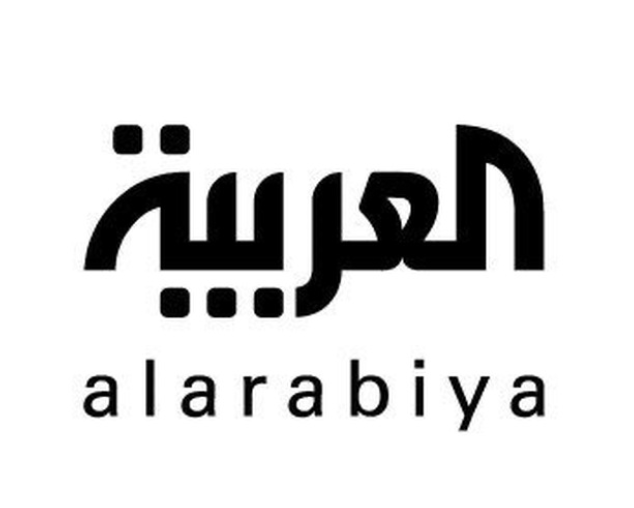Talks, consultations and negotiations are underway everywhere “with whomsoever” to find the remedy of what cannot be cured. This is also happening as a continuation of the efforts to treat the issue of Yemen.
For the sake of peace, actors and those who wish to be actors are going to the end of the world to organise visits, meetings and continue efforts to end the crisis, and support initiatives to create opportunities for peace. It is not difficult for them to travel short distances geographically and spiritually, such as Sana’a which is closer than Beijing, as well as Riyadh and Muscat which are closer than Tehran, and Makkah which is closer than Qom.
The general climate is currently encouraging a “storm of peace” to break out in Yemen.
The visit of the delegations from Riyadh and the hometown of Sana’a stimulated some Western envoys to recover from the state of amazement at the exciting moves in the region, and then resume their activity and pack their bags to move once again to catch up with the team of the new round of talks,lest their diplomatic efforts are forgotten.
The duration of the two (Saudi and Omani) delegations’ stay in Sana’a, before their departure on Friday, April 14, coincided with the exchange of the first batches of Yemeni prisoners and their “reunification with their families”. It is an important confidence-building step.
All actors should flock to the ports of peace and encourage the docking of initiative ships from anywhere they come.
[by Lutfi Fawad Noman in Al-Arabiya]
All the talks of settlements, reconciliations and agreements have their own context and lead to combined results which show vision, purpose and ambition.
The serious question which must be asked: How far will these settlements go? What are the end results in the future? Are there internal and external parties which will oppose and reject it? It depends on the sincerity of their intentions and interests, as well as the outcomes which they will see. The results need years to be realised and felt by all the people. But the beginnings will be encouraging and have a quick impact once conflicting policies and mutual attrition are stopped, with a realistic vision for a better future.
The problem of some internal and external parties’ rejection of these major reconciliations will continue. This is the nature of human history. The affected countries, parties, groups and symbols will reject them altogether, and will put sticks in their wheels.
Will these reconciliations eradicate the past, and help forget its complex, intertwined and deep conflicts? Absolutely not. They will not be erased from memory and will not be abolished from history. All nations and states which have achieved progress have proven that they can move ahead. But it does not mean forgetting history.
Finally, creating hope and the future seems like a daunting task in a region addicted to conflict, but it is by no means an impossible task.
These settlements, reconciliations, and agreements cannot be achieved overnight. Rather, they are elaborate work, extensive studies, and negotiations which are not easy.
[by Abdullah Al-Otaibi in Asharq Al-Awsat]
Compiled and translated by Faizul Haque


